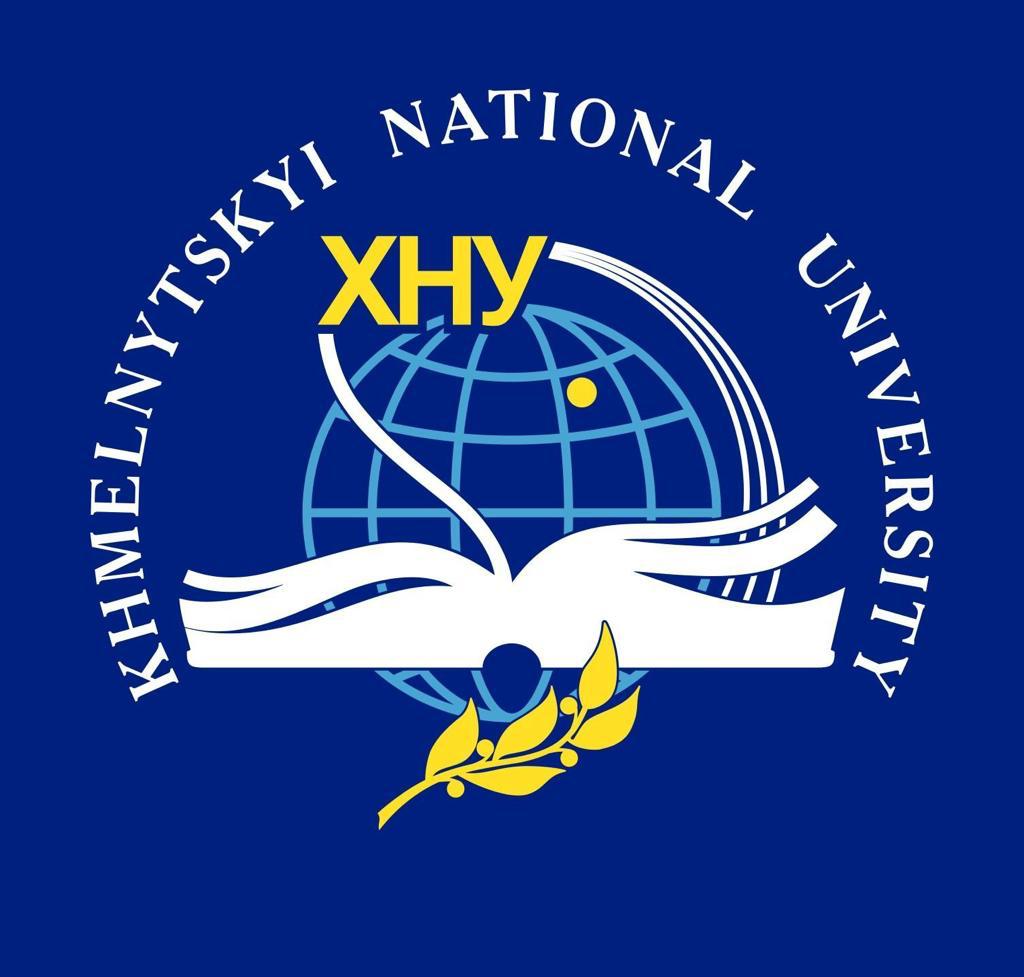POLAR TECHNOLOGIES IN THE TRAINING OF FOOTBALL TEAMS OF VARIOUS QUALIFICATIONS
DOI:
https://doi.org/10.31891/pcs.2025.1(1).105Keywords:
Polar, training, football players, coach-analyst, statistical data, controlAbstract
The scientific work analyzes modern technologies for monitoring the TTD of football players, details the use of the Polar program by teams of different levels of skill and preparedness. Thanks to theoretical research, it was possible to substantiate the feasibility of using the Polar program for analyzing the technical and tactical actions of football players of highly qualified teams. The information and statistical program Polar allows you to determine key game indicators and their varieties (a total of more than 200 indicators after each game): shots, fouls, attacks, clearances, rebounds, turnovers, tackles, ball possession, stops, set pieces, passes and other statistical data that can be obtained after specific games, after each game, opponents' games to prepare for them, time intervals, compare data from different matches, and promptly obtain information about the players' activities in the training process.
Polar statistical technologies enable coaches and analysts to receive reliable and timely information about the game of football players at a scientific level, which helps both professional clubs and amateur and youth teams.
Analytical data, which are kept as a result of using Polar sensors and systems, are especially relevant in the instant analysis of technical and tactical actions of football players of the team for the coaching staff. The results allow to optimize the dosage of loads to prevent injuries and control the recovery of athletes. Digital data is able to provide properly complete information on the effectiveness of the game of the team and individual players, as well as the feasibility of using certain tactics of conducting competitive struggle. Many top-level football clubs, namely Juventus, Barcelona, Liverpool use Polar Team Pro and other systems to improve the training process.
In general, indicators of physical activity and performance of football players of different teams are particularly relevant information for the coaching staff, analytical groups and available for making adjustments to the planning and periodization of the training process, individual indicators of the football players themselves.
References
Von Ralf P. Piłka nożna jutra. Pierwszy podręcznik trenera piłki nożnej dzieci (in Polish) URL: Polski Związek Piłki Nożnej
Kokareva, S. M. (2021). Pidvyschennia fizychnoi pidhotovlenosti vysokokvalifikovanykh futbolistiv na osnovi vykorystannia innovatsijnykh zasobiv fitnes-treninhu : dys. ...kand. nauk z fiz. vykhovannia i sportu : 24.00.01. Kharkiv. 252 s
Lisenchuk, H., Tyschenko, V., Van, L., & Shekhovtsova, K. (2020). Napriamy udoskonalennia tekhnolohii potochnoho upravlinnia u futboli. Teoriia i metodyka fizychnoho vykhovannia i sportu, 3, 31–37. DOI: https://doi.org/10.32652/tmfvs.2020.3.31-37
Naikrashchi fitnes-zastosunky dlia vidstezhennia trenuvan, kalorii, prohresu ta produktyvnosti 17 Dec. 2023,URL:https://gymbeam.ua/blog/uk/naykraschi-fitnes-zastosunky-dlya-vidst9.
Solomonko, V.V., Lysenchuk, G.A. &Solomonko, O.V. (2005), Football. Kyiv: OlympicLiterature. 296 p
Domin, A., Ouzzahra, Y., & Vögele, C. (2022). Features and Components Preferred by Adolescents in Smartphone Apps for the Promotion of Physical Activity: Focus Group Study. JMIR Human Factors, 9(2), e33972. https://humanfactors.jmir.org/2022/2/e33972. DOI:10.2196/33972.
Antoniuk, O., Pavliuk, O., Chopyk, T., Tostanovskyi, Ya., & Kydanchuk, M. . (2024). Zakordonnyi dosvid vykorystannia informatsiinykh tekhnolohii u fizychnomu vykhovanni, sporti ta fitnesi. PHYSICAL CULTURE AND SPORT: SCIENTIFIC PERSPECTIVE, (2), 66–73. https://doi.org/10.31891/pcs.2024.2.10
Downloads
Published
How to Cite
Issue
Section
License
Copyright (c) 2025 Станіслав САПРУН, Володимир НАУМЧУК, Іван ШАНТА

This work is licensed under a Creative Commons Attribution 4.0 International License.





